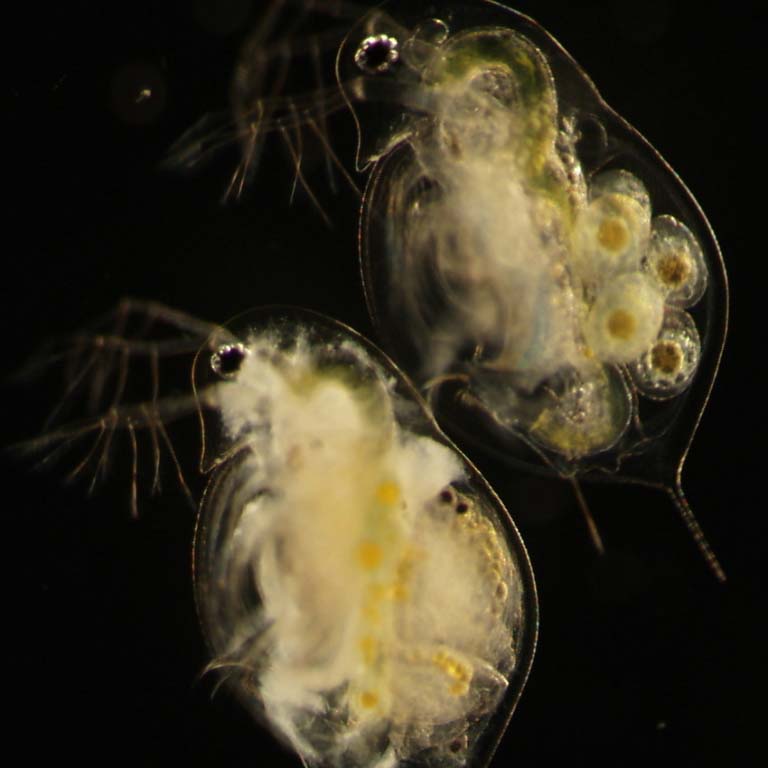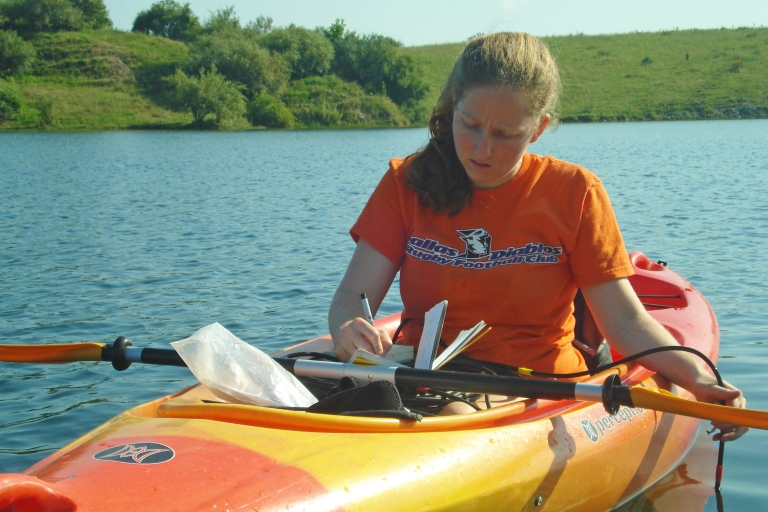[View original story from source]
New research from Indiana University suggests that computer models used to predict the spread of epidemics from climate change—such as crop blights or disease outbreaks—may not take into account an important factor in predicting their severity.
A study recently published in the journal Ecology has found that pathogens that grow inside organisms at higher temperatures produce offspring that cause higher rates of infection compared to pathogens that grow inside organisms at lower temperatures. This suggests that climate can cause an "echo effect" in future pathogens, ultimately making them more infectious.
"It's well known that environment can affect offspring across generations in plants and animals," said Spencer Hall, a professor in the IU Bloomington College of Arts and Sciences' Department of Biology, who is senior author on the study. "This study is one of the first to suggest that similar cross-generational effects occur in parasites and pathogens."
The work was led by Marta Strecker Shocket, a Ph.D. student in Hall's lab at the time of the study. Hall is also a member of the Environmental Resilience Institute at IU, part of the IU Prepared for Environmental Change Grand Challenge.
"If past environmental conditions impact the frequency or severity of future infections, then current climate models are not taking an important factor into consideration when predicting threats from climate change," said Shocket, who is now a postdoctoral researcher at Stanford University. "This might include threats to animals, plants and people."
The researchers' analysis draws in part upon research in water fleas conducted at three freshwater lakes in southern Indiana where Hall's lab has collected samples since 2009. Located on the site of a former coal mine in Greene-Sullivan State Forest near Linton, Indiana, the lakes are known locally as Gambill Lake, Clear Lake and Scott Lake.
Water fleas, also known as Daphnia, are small crustaceans that contribute to the health of lakes by feeding on algae. Without these organisms to control algae, a lake can quickly degrade into a turgid brew that resembles pea soup.



 The College of Arts
The College of Arts